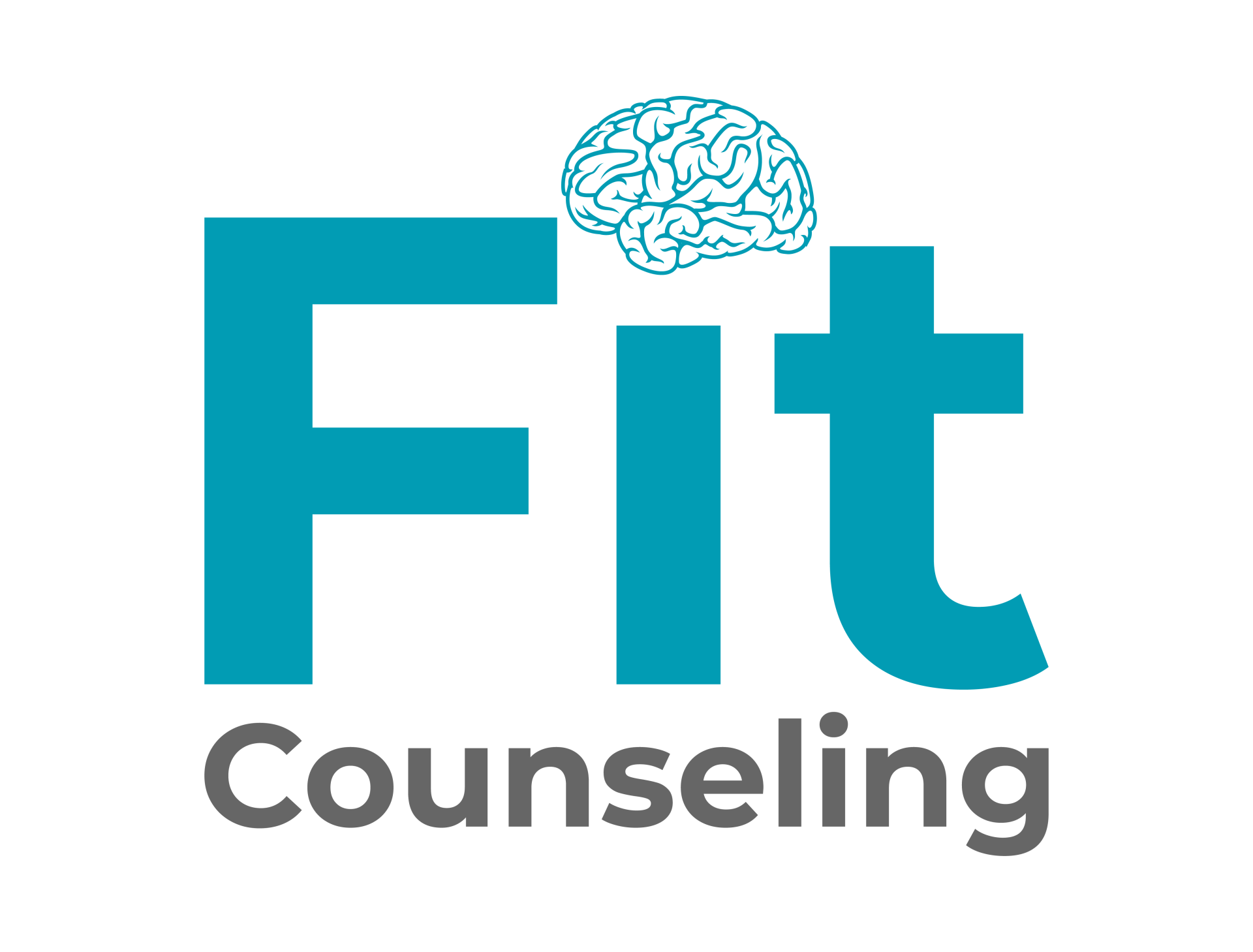Eating Away The Pain: Trauma and Binge Eating

From a very young age we starting learning about the world around us and adjust to our environment for survival. From the way we act, think, behave, react and interact with others. Our learning comes out in practices, health habits, past times, spirituality and lifestyle choices. All of us are culturally connected to the things we eat whether we prefer rice and beans or oxtail and peas. We are additionally influenced by life events.
For years scientists have recognized a link between Post Traumatic Stress Disorder (PTSD) and the development of eating disorders, i.e. binge eating. Trauma is an actual or perceived life threatening even often leads to a stress reaction (anxiety, fear, depression, anger). Often times in order to deal with that anxiety people turn to food, alcohol or other substances to mask, avoid or "stuff" the pain.
Research shows that 1 in 4 people who binge eat have PTSD
Symptoms of PTSD and Binge Eating
1. Stressful memories, flash backs and triggers of PTSD can lead to eating to cope or avoid the distress. People who struggle with binge eating do so to avoid pain and often are experiencing emotional stress and don't know where it is coming from. Research shows that the higher probability of symptoms of PTSD the high probability of food addiction, obesity and binge eating.
Treatment: Learn and practice healthier coping skills ie grounding, deep breathing, meditation, exercise and seek professional counseling to learn more about emotional stress and interventions
2. Living in the past memories causes an inability to live in the moment or future affecting planning and preparation and ability to make healthy decisions (ie. food preparation, nutrition) as well as an inability know if you are hungry or satiated which can contribute to mindless eating and overeating.
Treatment: Learn Mindfulness and Mindful eating techniques
3. There is a biological connection to both of these disorders. Both conditions are related to stress hormones and mood boosting brain chemicals. When we are stressed, anxious, angry, or sad we want to counteract that with something that will make us feel good , which in this case is food.
Treatment: Psychiatric medication can improve brain functioning as traumatic events have been proven to alter brain matter and structure.
4. Negative thoughts and reminders can lead to eating, unhealthy behaviors, poor body image which then contributes to more negative thoughts and continues in this pattern until the person or therapist helps through intervention and treatment.
Treatment: Cognitive Behavioral therapy with a Mental Health provider.
5. Many women who suffer from sexual trauma develop negative thoughts about their bodies which contribute to binge eating and other eating disorders as well as body image issues. A common theme is overeating and gaining weight purposefully in an attempt to prevent future attacks. Research shows that 35% of women who suffer from binge eating disorder have been raped or sexually assaulted.
If you feel you struggle with Binge Eating or PTSD symptoms call us at (305) 447-7680 today!
Sincerely,
Alicia Marlieb, M.Ed, LMHC
Fit Therapy Counseling
#weightloss #selfesteem #counseling #anxiety #depression #trauma #southflorida #therapist #coralsprings #obese #overeating #cbt #bariatricsurgery #counselor #therapy #bingeeating #ptsd



